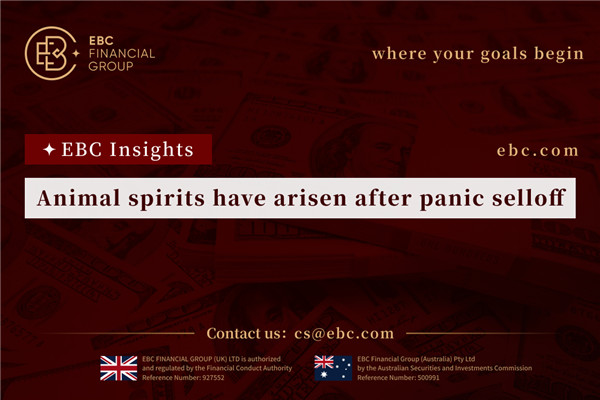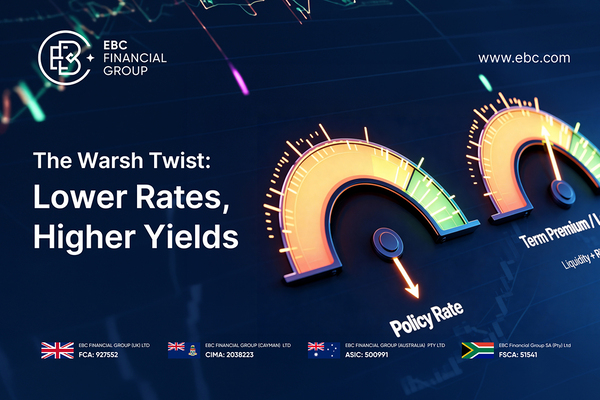Risk mismatch refers to the situation where the level of risk accepted by
risk bearers in investment or business activities does not match their tolerance
or expected returns. When investors or enterprises face risks and their risk
tolerance is insufficient to cope with potential losses or is too high, which
may result in their inability to achieve expected returns, there is a risk
mismatch.

A risk mismatch may occur in multiple aspects. Firstly, risk-bearers may be
too conservative and not brave enough to try high-risk investments or business
activities, resulting in their inability to obtain higher returns. On the
contrary, risk-bearers may also take too much risk, not only taking risks beyond
their capacity but also being exposed to the risk of unexpected losses.
Secondly, a mismatch in risk may also occur in the investment portfolio chosen
by investors or companies. If the risk diversification in the investment
portfolio is insufficient or the types of investments do not match the risk
preferences of investors, it may lead to a risk mismatch.
Appropriateness risk mismatch refers to a situation where financial
institutions do not fully consider investors' risk tolerance and investment
objectives when recommending financial products to investors, resulting in
recommended products that are not suitable for the individual circumstances of
the investors. In short, it means that financial institutions sell unsuitable
financial products to investors who are not familiar with the risks of the
product.
Appropriateness Risk mismatch mainly involves two aspects, namely risk
tolerance and investment objectives. Firstly, risk tolerance refers to the
degree of risk that investors can withstand. There are differences in risk
tolerance among different investors. Some investors can accept high risks in
pursuit of higher returns, while others prefer low-risk investments. If
financial institutions do not properly evaluate investors' risk tolerance, they
may sell high-risk products to investors with lower risk tolerance, leading to a
risk mismatch.
Secondly, investment objectives refer to investors' goals and expected
returns when purchasing financial products. There are also differences in the
investment goals of different investors, with some pursuing long-term growth,
some emphasizing capital preservation, and others focusing on cash flow and
income distribution. If financial institutions do not fully understand
investors' investment goals, they may recommend products that do not match their
goals, leading to a mismatch in suitability risk.
Inappropriate risk mismatches may result in financial losses for investors or
the risk of not being able to achieve expected goals. In order to protect the
interests of investors, financial institutions should conduct a thorough
suitability assessment before selling financial products, understand investors'
risk tolerance, investment objectives, and other relevant situations, and
provide investors with appropriate product recommendations that are tailored to
their individual circumstances based on the assessment results. Investors should
also actively communicate with financial institutions when choosing financial
products to ensure that the selected products match their risk tolerance and
investment goals.


























